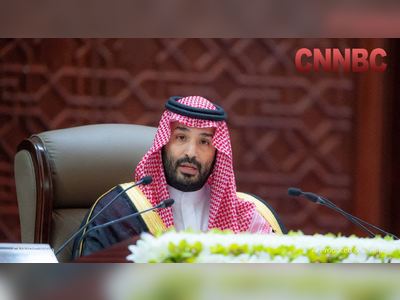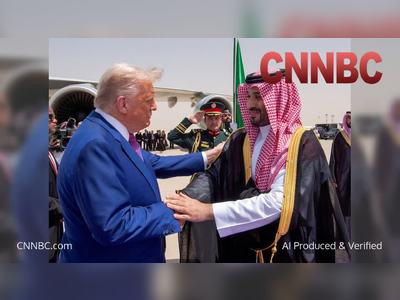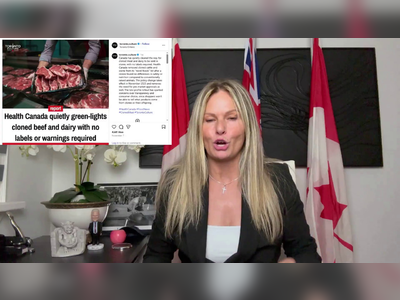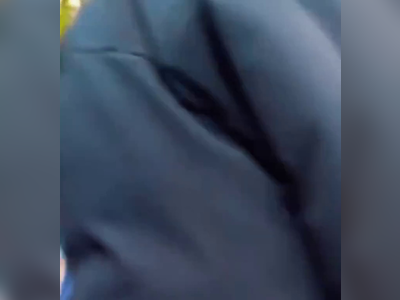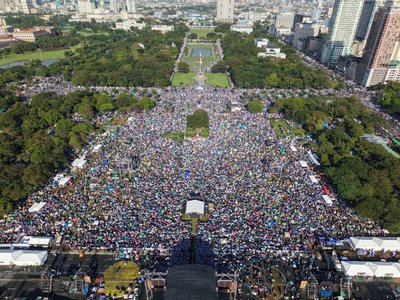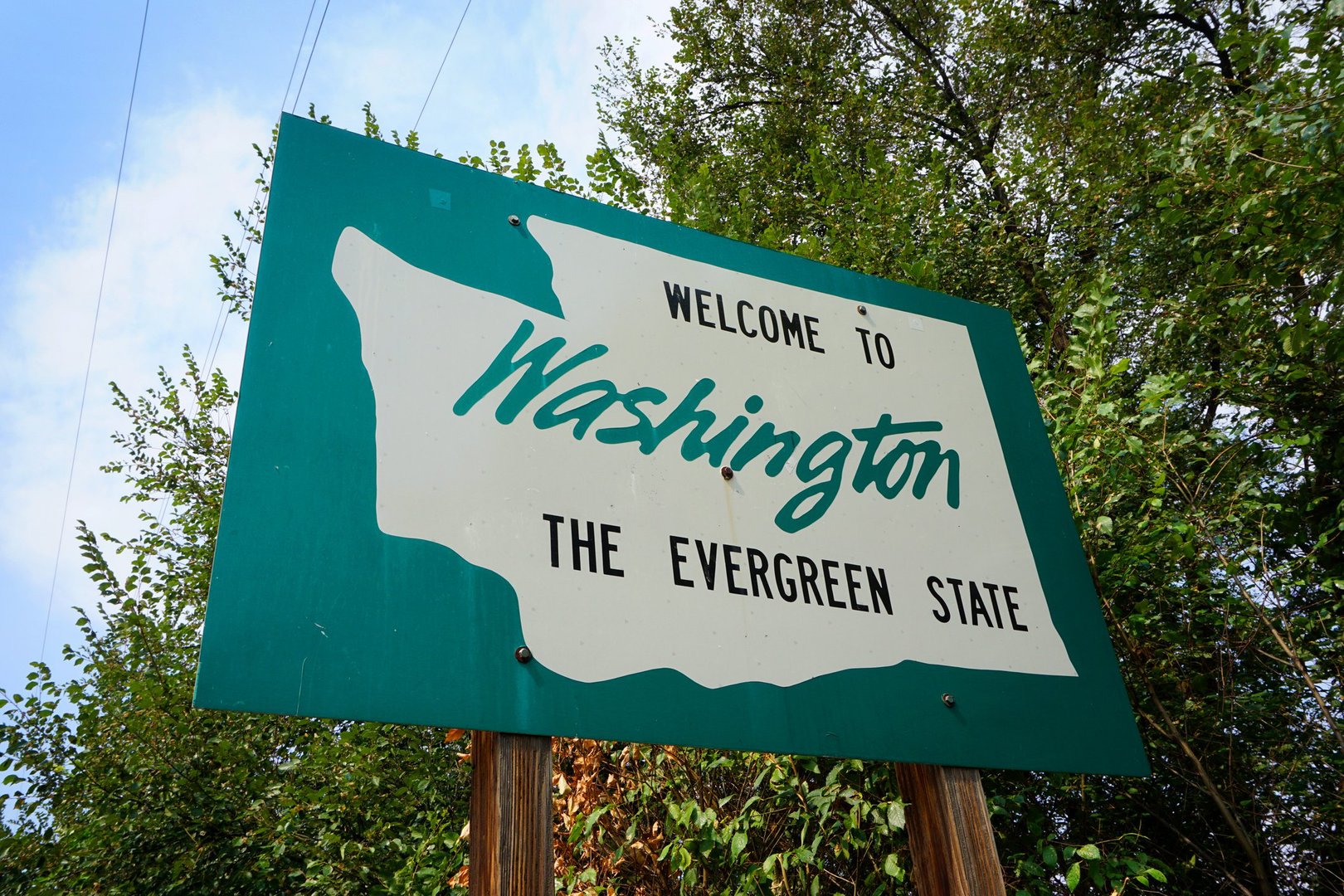
Washington State’s Tax Shifts and Talent Flight: Are High Earners Leaving?
Rising capital-gains, estate and wealth-tax proposals fuel concerns about loss of jobs and innovation in the Evergreen State
Washington state is seeing increasing scrutiny of its tax policies as economists and business leaders raise concerns about the migration of high-earning individuals and its potential impact on economic dynamism.
Recent state law changes include a capital-gains tax rate rising to nine point nine percent for gains above one million dollars, and estate-tax rates climbing up to thirty-five percent for larger estates, prompting warnings about talent and investment flight.
A March 2025 analysis by Bloomberg highlighted growing numbers of ultra-wealthy Washington residents relocating to states such as Nevada, Texas and Florida, which offer zero state income tax and lower regulatory burdens.
Property-deal records showed multi-million-dollar homes in Las Vegas being purchased by former Seattle-area residents.
The trend has sparked concern among regional tech-sector leaders including Microsoft’s Brad Smith, who cautioned it could inflict “lasting damage” on Washington’s innovation ecosystem.
At the same time, progressive-oriented studies present a contrasting view.
A November 2024 report by the Washington Department of Revenue assessing a proposed wealth tax described the challenge of implementation but noted that Washington’s millionaire population had grown significantly after the 2022 capital-gains tax was enacted.
The Institute for Policy Studies similarly found that the number of residents with more than fifty-million dollars rose by over forty-percent between 2022 and 2024, despite the tax increases.
State House Democrats have also advanced sweeping proposals to generate up to fifteen billion dollars in additional revenue through new levies on large businesses, surtaxes on the wealthy and adjustments to property-tax caps.
The proposals remain under legislative negotiation ahead of the 2025-27 budget cycle.
Tax lawyers warn that high-net-worth individuals may accelerate relocation or restructure assets to avoid higher burdens, while momentum among low-tax-state competitors to attract investment and talent is intensifying.
Washington’s future economic resilience may hinge on how policymakers balance revenue needs with preserving the factors that draw entrepreneurs and job-creators.
The debate places Washington at a strategic fiscal crossroads: whether to tax rising wealth aggressively to fund public services or ease burdens to retain innovation-driven growth.
With the migration risks and policy stakes rising, state leaders face a decision point that could shape Washington’s economy for years to come.
Recent state law changes include a capital-gains tax rate rising to nine point nine percent for gains above one million dollars, and estate-tax rates climbing up to thirty-five percent for larger estates, prompting warnings about talent and investment flight.
A March 2025 analysis by Bloomberg highlighted growing numbers of ultra-wealthy Washington residents relocating to states such as Nevada, Texas and Florida, which offer zero state income tax and lower regulatory burdens.
Property-deal records showed multi-million-dollar homes in Las Vegas being purchased by former Seattle-area residents.
The trend has sparked concern among regional tech-sector leaders including Microsoft’s Brad Smith, who cautioned it could inflict “lasting damage” on Washington’s innovation ecosystem.
At the same time, progressive-oriented studies present a contrasting view.
A November 2024 report by the Washington Department of Revenue assessing a proposed wealth tax described the challenge of implementation but noted that Washington’s millionaire population had grown significantly after the 2022 capital-gains tax was enacted.
The Institute for Policy Studies similarly found that the number of residents with more than fifty-million dollars rose by over forty-percent between 2022 and 2024, despite the tax increases.
State House Democrats have also advanced sweeping proposals to generate up to fifteen billion dollars in additional revenue through new levies on large businesses, surtaxes on the wealthy and adjustments to property-tax caps.
The proposals remain under legislative negotiation ahead of the 2025-27 budget cycle.
Tax lawyers warn that high-net-worth individuals may accelerate relocation or restructure assets to avoid higher burdens, while momentum among low-tax-state competitors to attract investment and talent is intensifying.
Washington’s future economic resilience may hinge on how policymakers balance revenue needs with preserving the factors that draw entrepreneurs and job-creators.
The debate places Washington at a strategic fiscal crossroads: whether to tax rising wealth aggressively to fund public services or ease burdens to retain innovation-driven growth.
With the migration risks and policy stakes rising, state leaders face a decision point that could shape Washington’s economy for years to come.


